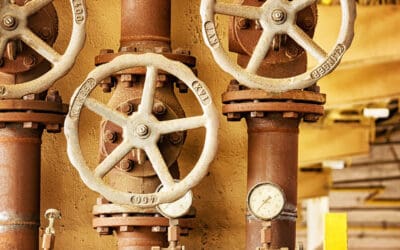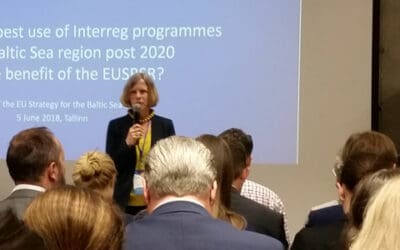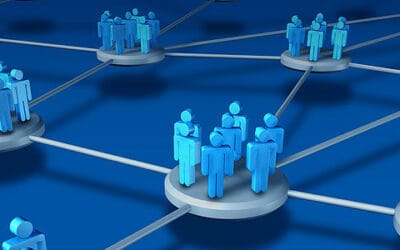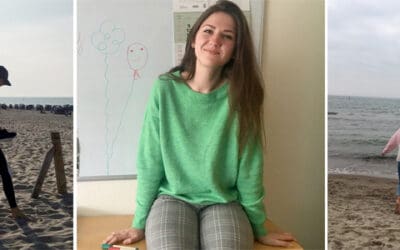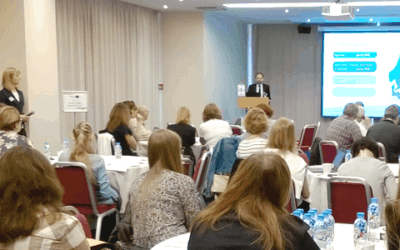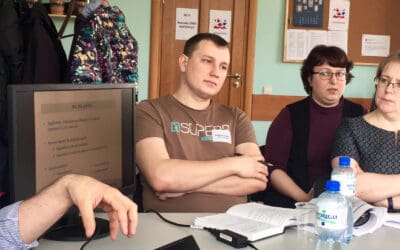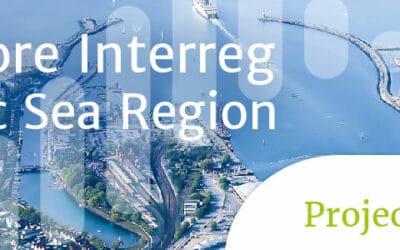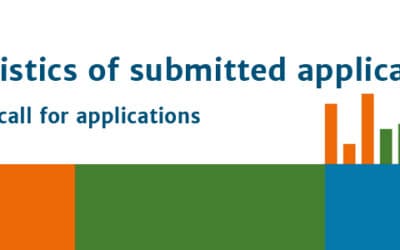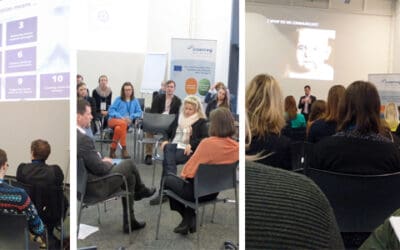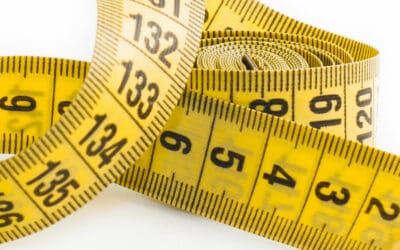Establishing more sustainable and competitive energy systems that have a less harmful impact on the environment are among the core challenges for the Baltic Sea region. Two Interreg projects, AREA 21 and LowTEMP, unlock energy efficiency potential by triggering public and private strategic partnerships for energy production and management and by offering low temperature district heating technology for more efficient heating systems.
Interreg Baltic Sea Region
News
Needs towards Interreg after2020 mapped out
Interreg Baltic Sea Region launched the debate with its stakeholders about funding after 2020. More than 100 participants of the 9th Annual Forum of the EU Strategy for the Baltic Sea Region (EUSBSR) joined a seminar about how to distribute Interreg funds for...
Project platforms approved for the first time in Interreg Baltic Sea Region
Six project platforms were selected by the Monitoring Committee of Interreg Baltic Sea Region at its 9th meeting yesterday in Tallinn. The platforms join efforts of several projects funded by different programmes dealing with transport corridors, rescue actions at the...
Volunteering chronicles: discovering Interreg Baltic Sea Region
Young Europeans wanting to make a difference and to promote solidarity among people have been volunteering in Interreg projects and Programmes since March 2017 as part of the Interreg Volunteer Youth (IVY) run by the Association of European Border Regions. It was...
Russian partners needed to achieve change in the Baltic Sea region
St. Petersburg hosted the second seminar for Russian partners and their lead partners from the second call projects. Altogether, more than 20 Russian partners are involved in 15 projects that tackle challenges beyond borders. Russian organisations slowly but steadily...
Russian partners determined to catch up with implementation
Since the signature of the Financing Agreement in January 2018, Russian partners seized real opportunities for full participation in Interreg Baltic Sea Region. The Managing Authority/Joint Secretariat of Interreg Baltic Sea Region initiated a series of seminars for...
Explore Interreg Baltic Sea Region online in the project library
Do you want to know what a certain Interreg Baltic Sea Region project is all about? Are you looking for a speaker for your conference on blue growth, renewable energy or sustainable shipping? Do you need to find out who in your region is working in Interreg?...
114 applications submitted to further boost cooperation in the region
Interreg Baltic Sea Region closed its third call for applications after having received 114 full-fledged project applications. The applications bring in a variety of new ideas on how transnational cooperation can make the Baltic Sea Region more innovative, better...
Communicate your project, communicate your European experience
“Communication matters, so you matter” – with these words Susanne Scherrer, Director of Interreg Baltic Sea Region Managing Authority/Joint Secretariat (MA/JS) addressed 60 communication managers at the recent communication seminar. She highlighted their important...
Mid-term evaluation kicks off: procurement outcome and what to expect
All Interreg programmes are assessed at the beginning, in the middle and at the end of the programme period to see if programme funds are spent meaningfully. Interreg Baltic Sea Region has now selected an external evaluator for its mid-term evaluation. A measuring...



